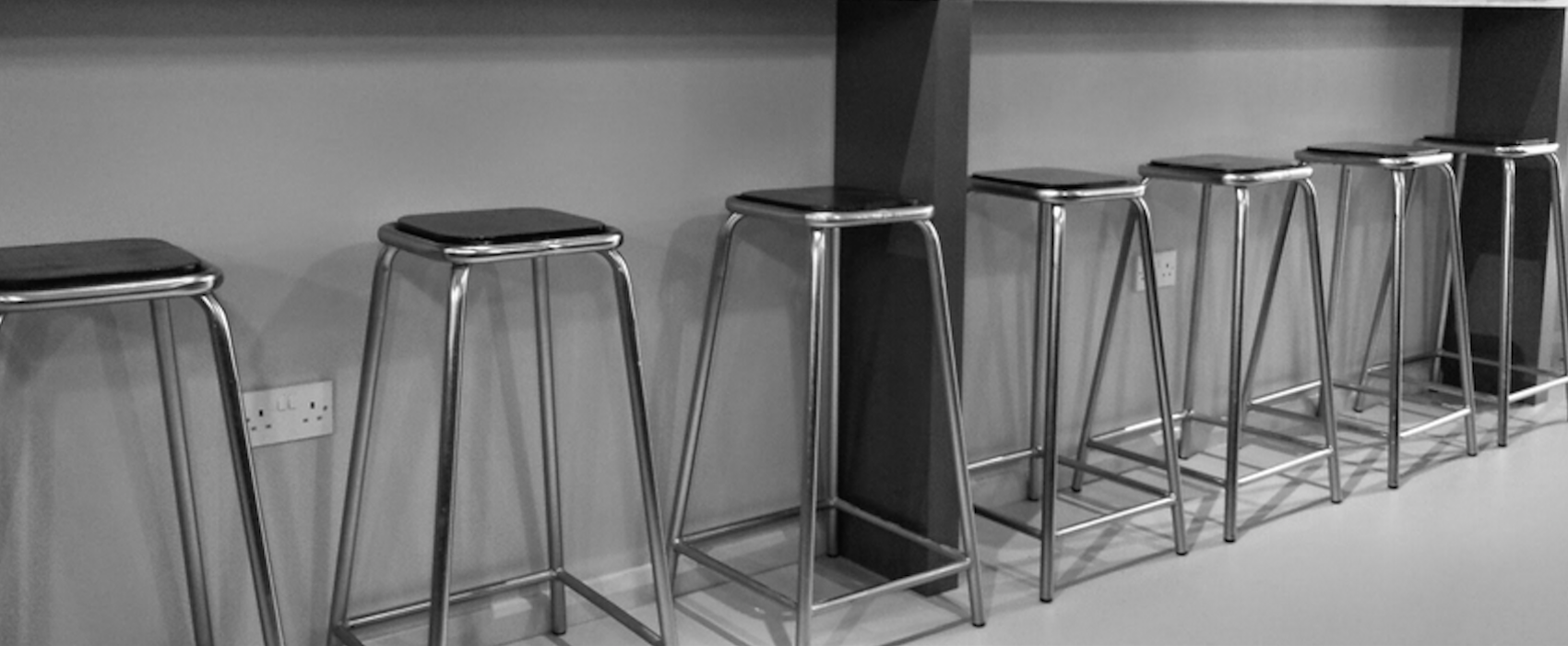
Perhaps more than anyone else I knew, my former editor, Eric, inspired me to think more broadly and deeply. It was listening to him discuss writers and events that I knew so little about that made me aware that I had a long journey ahead, that there were a vast number of writers, thinkers and others who I didn’t know enough about, a wealth of important ideas to explore. In short, I needed to read more.
When I met him in a cafe in Camden Town recently there was the same respect there that I felt for him when I was starting out as a journalist, but I wasn’t intimidated as I once was. Getting older has something to do with it, but also a new self respect developed over these past months plays a part. Borne of the fact that I have managed to endure something as hellish as Mark’s death, it’s expressed in a new feeling I have about myself, a kind of seriousness with which I view myself. Because of this, Susan Sontag’s son, David Rieff’s comment in the preface to At the Same Time, a collection of essays by her, was so arresting:
I think she survived by taking herself with the fierce seriousness that so put her detractors off.
The recognition of a seriousness towards myself, a feeling different to pride or anxious watchfulness, is still a novelty to me. Rieff’s argument that hers was connected to both her writing and her commitment to being a “militant reader” warmed me, therefore. Sitting writing this in the Wolf and Bear Cafe in Tufnell Park, surrounded by mothers trying to occupy their parents on a rainy day and others at their laptops trying to drown out the noise, I’m aware that I want to improve as a writer, and also that reading is becoming more and more important to me. The fact that both represent a strong connection to Mark are no doubt part of it, as is the reality that his absence presents me with many new hours to fill. But I like the fact that Sontag’s book, like all of the books Mark bought me over the years, has proved significant to me. It was Mark who bought me my first Storm Jameson novel, Simone Weil’s An Anthology. I loved the fact that it was his inspiration that introduced me to these writers or inspired me to read more of them, I appreciated that he made his own connections about why I would like them, and that his instinct was always accurate and helped draw down new realms of thinking to me. I’ve returned to them since Mark died – and found it reassuring that they continue to offer fresh insight, new meanings, that somehow, the flow continues.
Reading Sontag’s book again gives me the same sense of the importance both of those whose words we read, and the people in our lives, in introducing us to new writers, new ideas. And we are changed by this. In Literature Is Freedom Sontag writes about a German man, Fritz Arnold, who told her about his three years in a prison camp in Arizona and how the only thing that got him through was reading and rereading the American and English classics. Sontag was delighted to be able to tell him that what had saved her as a schoolchild growing up in Arizona had been reading Kafka’s In the Penal Colony, The Magic Mountain and other German and European books in translation. Her conclusion to that essay is an inspiration at a time when “a larger life” seems the only option right now:
To have access to literature, world literature, was to escape the prison of national vanity, of philistinism, of compulsory provincialism, of inane schooling, of imperfect destinies and bad luck. Literature was the passport to enter a larger life, that is the zone of freedom.
Literature was freedom. Especially in a time in which the values of reading and inwardness are so strenuously challenged, literature is freedom.
Leave a Reply
You must be logged in to post a comment.